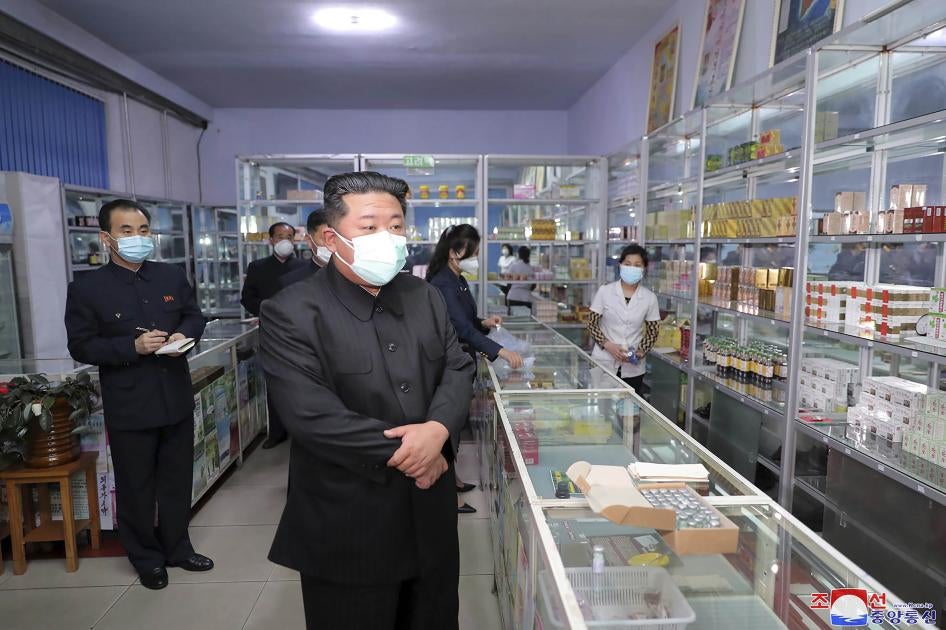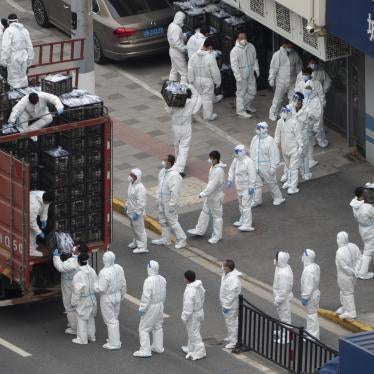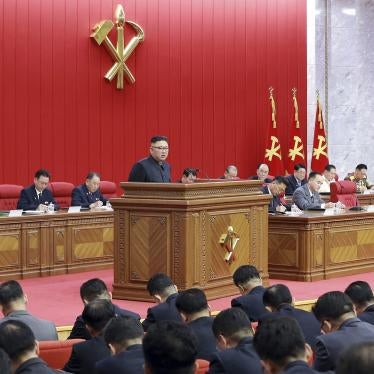Last Friday, North Korean officials made an unprecedented admission regarding the country’s Covid-19 health crisis after reporting a Covid-19 case for the very first time. In a rare instance of allowing government-run media to report negative news, officials announced that an unspecified “fever” was spreading “explosively” in the country, infecting more than 1.2 million people and killing 50. A reported 564,860 people were under medical treatment.
On May 12, North Korean leader Kim Jong Un visited the national disease-control headquarters and appeared in state media wearing a mask in public for the first time. Kim criticized health officials, saying the fever’s spread shows “a vulnerable point in the epidemic prevention system.” The government declared a “maximum emergency” and ordered a countrywide lockdown, isolating “each working unit, production unit and residential unit from each other.”
The government is right to finally acknowledge Covid-19’s spread, but the news overall is extremely concerning. While North Korea’s data can’t be trusted or the scale of cases fully known, it is evident that existing government policies exacerbate the effects of the crisis and put North Koreans at increased risk of dying from Covid-19. North Koreans have had almost no access to the Covid-19 vaccine, and many are chronically malnourished, leaving them with compromised immune systems. Medicines of any kind are scarce in the country, and the healthcare infrastructure is extremely fragile, lacking medical supplies such as oxygen and other Covid-19 therapeutics.
North Korea’s meagre economy has significantly contracted in recent years due to lockdowns, border closures, and intensifying United Nations Security Council sanctions. The current nationwide lockdown can be expected to hinder the agricultural harvest, already impacted by drought, which is crucial for the country’s economy. It’s hard to really know how bad the humanitarian situation is in North Korea, as virtually all international aid providers pulled out of the country during earlier lockdowns.
The UN and governments around the world should make every possible effort to persuade North Korea to allow outside humanitarian assistance, and accept offers of food, vaccines, and infrastructure for vaccine preservation, including refrigerators, generators, and gasoline. Despite geopolitical complexities, North Koreans are facing a uniquely acute catastrophe, and the world should not turn away.









